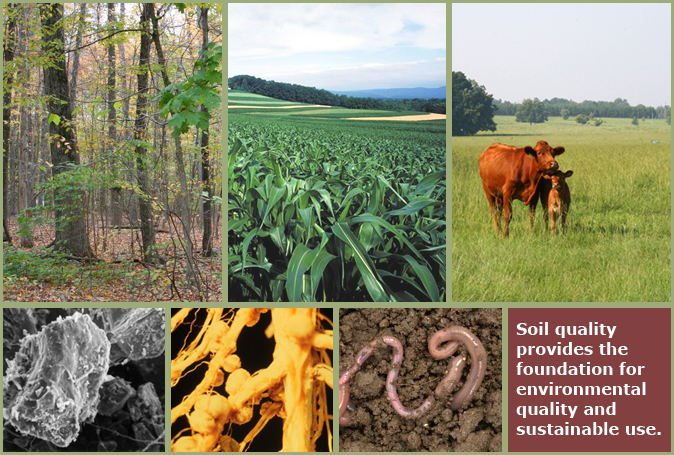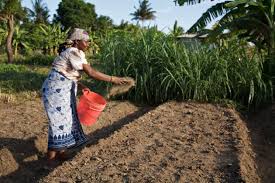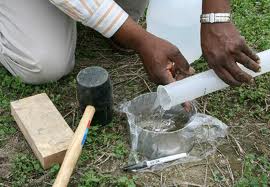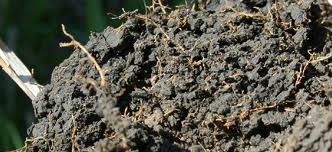 Soil quality is the ability of a soil to perform functions that are essential to people and the environment. Soil quality is not limited to agricultural soils, although most soil quality work has been done in agricultural systems. Soil quality definitions emphasize several features, such as:
Soil quality is the ability of a soil to perform functions that are essential to people and the environment. Soil quality is not limited to agricultural soils, although most soil quality work has been done in agricultural systems. Soil quality definitions emphasize several features, such as:
Management affects on soil properties:
Soil quality assessments focus on the dynamic, or management-affected, properties of soil, such as nutrient status, salinity, and water-holding capacity. These properties are assessed in the context of the inherent capability of a particular soil. Go to Inherent and Dynamic Soil Quality for more information. To learn more about how management practices change soil properties, go to Management.
Essential services provided by soil:
Soils support plant growth, recycle dead material, regulate and filter water flows, support buildings and roads, and provide habitat for many plants and animals. Depending on the land use, many of these functions occur simultaneously. Soil quality assessments go beyond measuring degradation (erosion, compaction, or contamination) to focus on these soil functions and the processes that create them. Go to Soil Functions for more information.
 English
English
 Italiano
Italiano Español
Español


